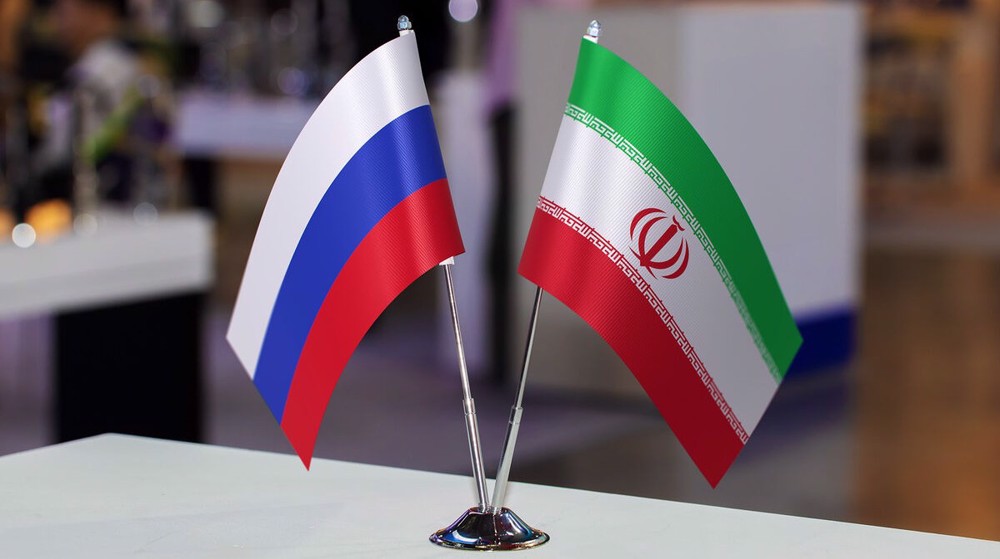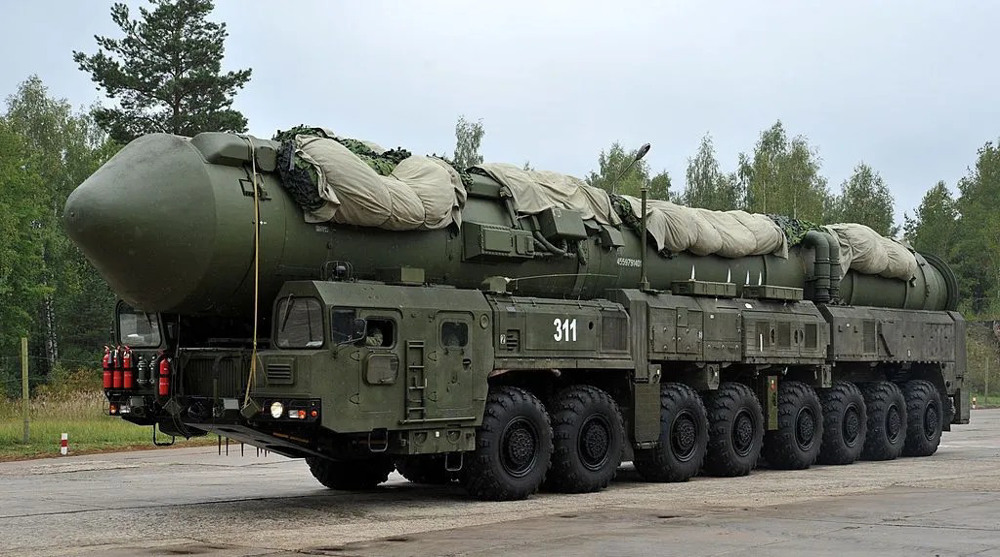Russia, China call for freeze on North Korea missile tests, US military drills
Moscow and Beijing have called for a simultaneous freeze on North Korea's missile tests and large-scale military drills by the United States and South Korea.
Both countries made the demand in a statement released after Russian President Vladimir Putin held talks with visiting Chinese President Xi Jinping at the Kremlin.
"The two sides propose that the DPRK (North Korea) as a voluntary political decision declare a moratorium on testing nuclear explosive devices and ballistic rocket launches, and the US and South Korea refrain from carrying out large-scale joint exercises," foreign ministries of the two countries said in a joint statement.
"Parallel to this, the opposing sides should start negotiations and affirm general principles of their relations including the non-use of force, rejection of aggression and peaceful coexistence," the statement said.
It also demanded that the United States immediately halt its controversial deployment of an anti-missile system, known as the Terminal High Altitude Area Defense (THAAD), to South Korea.
North Korea missile launch breach of UN resolution
Separately on Tuesday, Russian Deputy Foreign Minister Sergei Ryabkov called North Korea's latest test launch of a ballistic missile a breach of a UN Security Council resolution.
Ryabkov said tensions with Pyongyang risked leading to catastrophic developments and that the missile launch showed that the only way forward was to organize multilateral talks with North Korea.
North Korea has successfully test-fired an intercontinental ballistic missile (ICBM), which it claims is capable of hitting anywhere in the world.
The Hwasong-14 ballistic missile reached an altitude of 2,802 kilometers (1,741 miles) and hit its target precisely after flying for 39 minutes, the report said.

The latest test comes just hours after US President Donald Trump and Japanese Prime Minister Shinzo Abe agreed to exert added pressure on North Korea over its missile and nuclear development programs.
On June 3, the United Nations Security Council imposed a fresh array of sanctions on North Korea in response to a number of missile tests carried out by Pyongyang this year.
Unsettled by North Korean missile and nuclear programs, the United States has adopted a war-like posture, sending a strike group and conducting joint military drills with North Korea’s regional adversaries Japan and South Korea.
North Korea accuses the United States of plotting with regional allies to overthrow its government. Pyongyang says it will not relinquish its nuclear deterrence unless the United States ends its hostile policy toward North Korea and dissolves the US-led UN command in South Korea.
The important of Venezuela for Iran
Iran beats traditional rival Russia in freestyle and Greco-Roman wrestling friendly
Rape trials trigger protests against French ‘sexist and misogynistic’ culture
US photographer opens Berlin exhibition with anti-Israel speech
VIDEO | Press TV's News Headlines
VIDEO | US 'non-profit killer’ bill targets pro-Palestinian groups
Explainer: How Yemeni military chased away US aircraft carrier from Red Sea?
French march for women of Palestine









 This makes it easy to access the Press TV website
This makes it easy to access the Press TV website